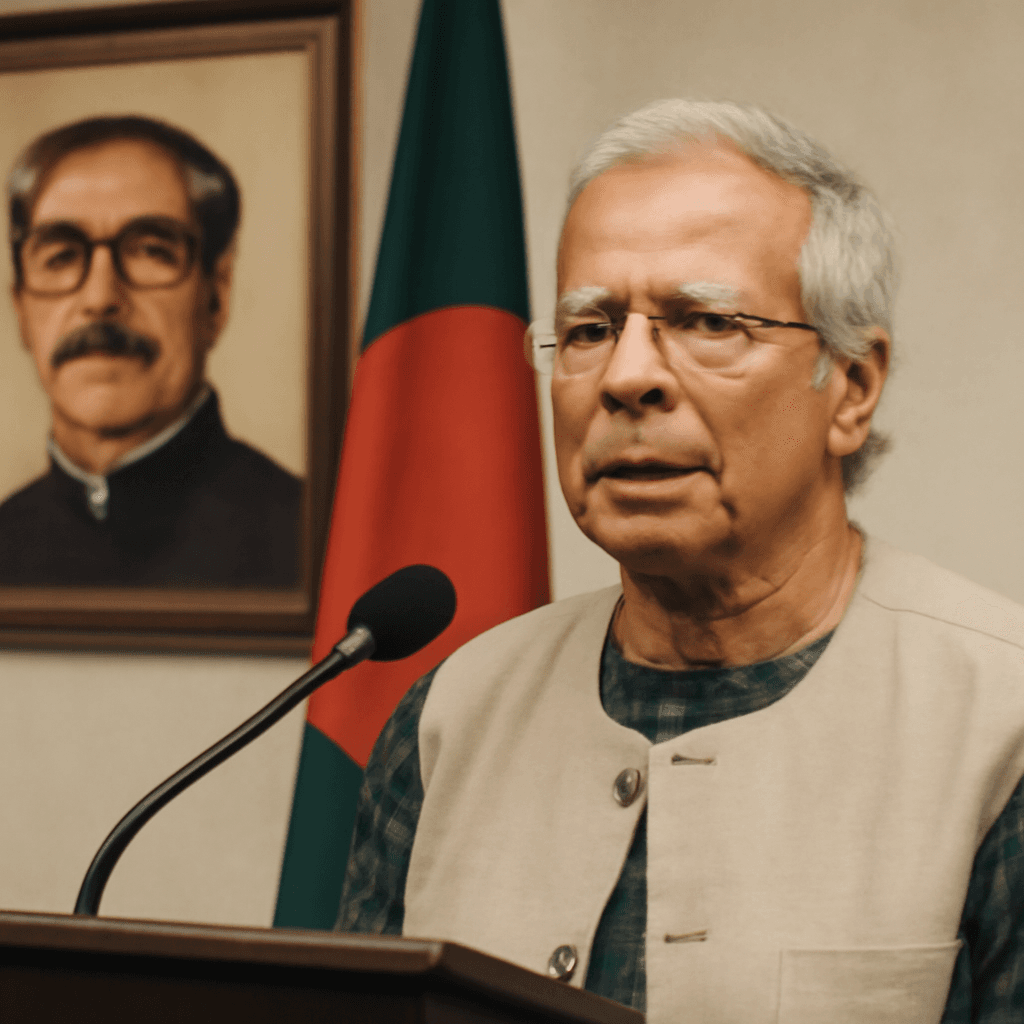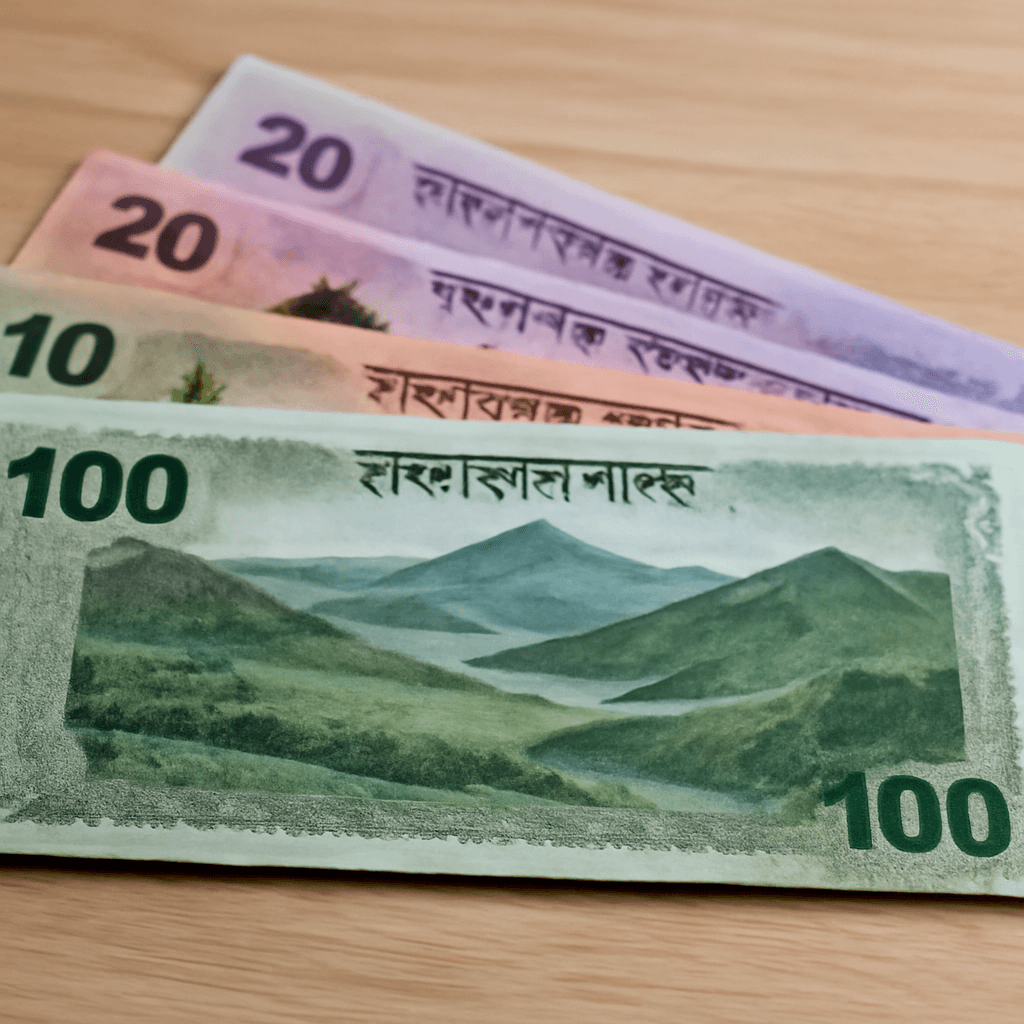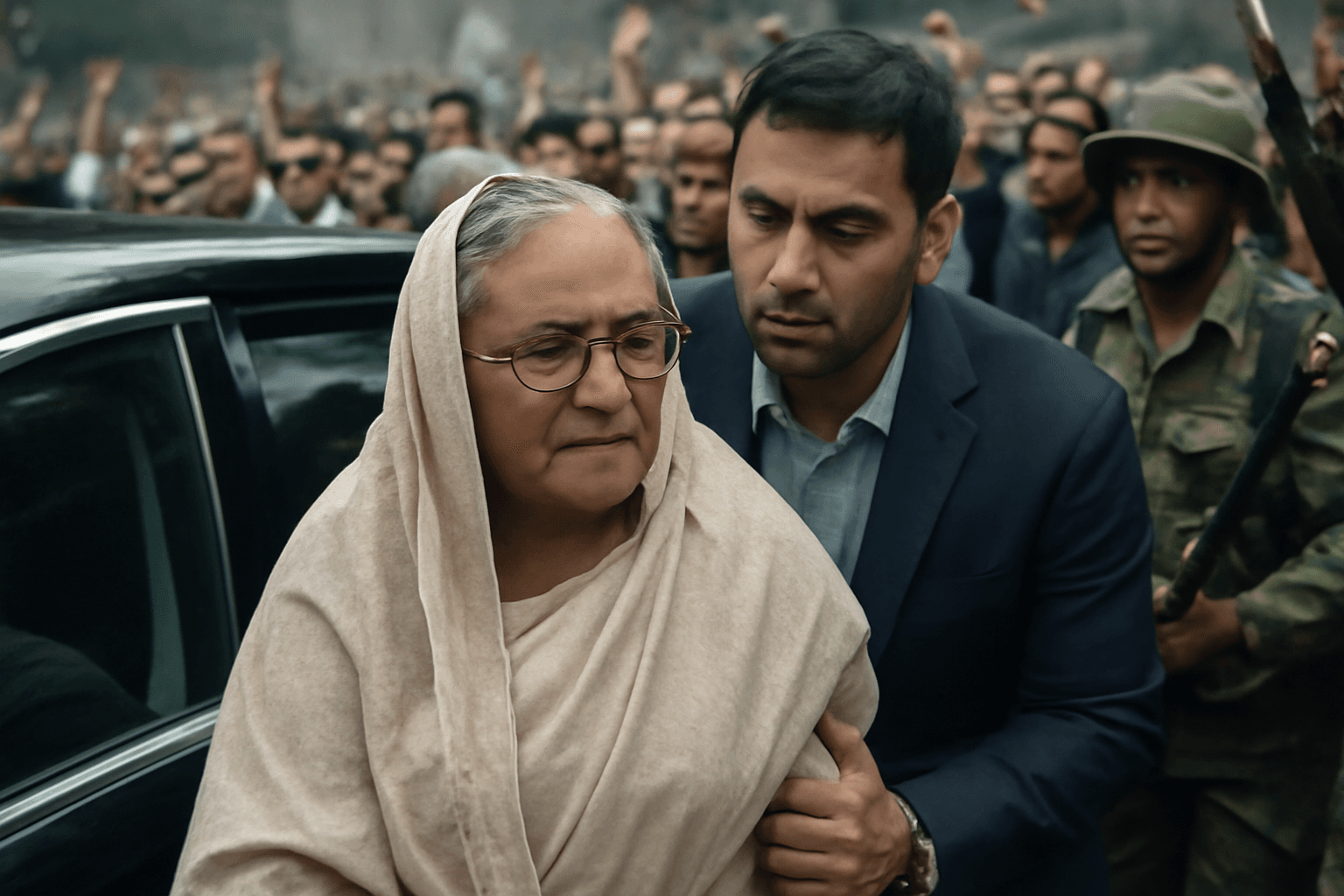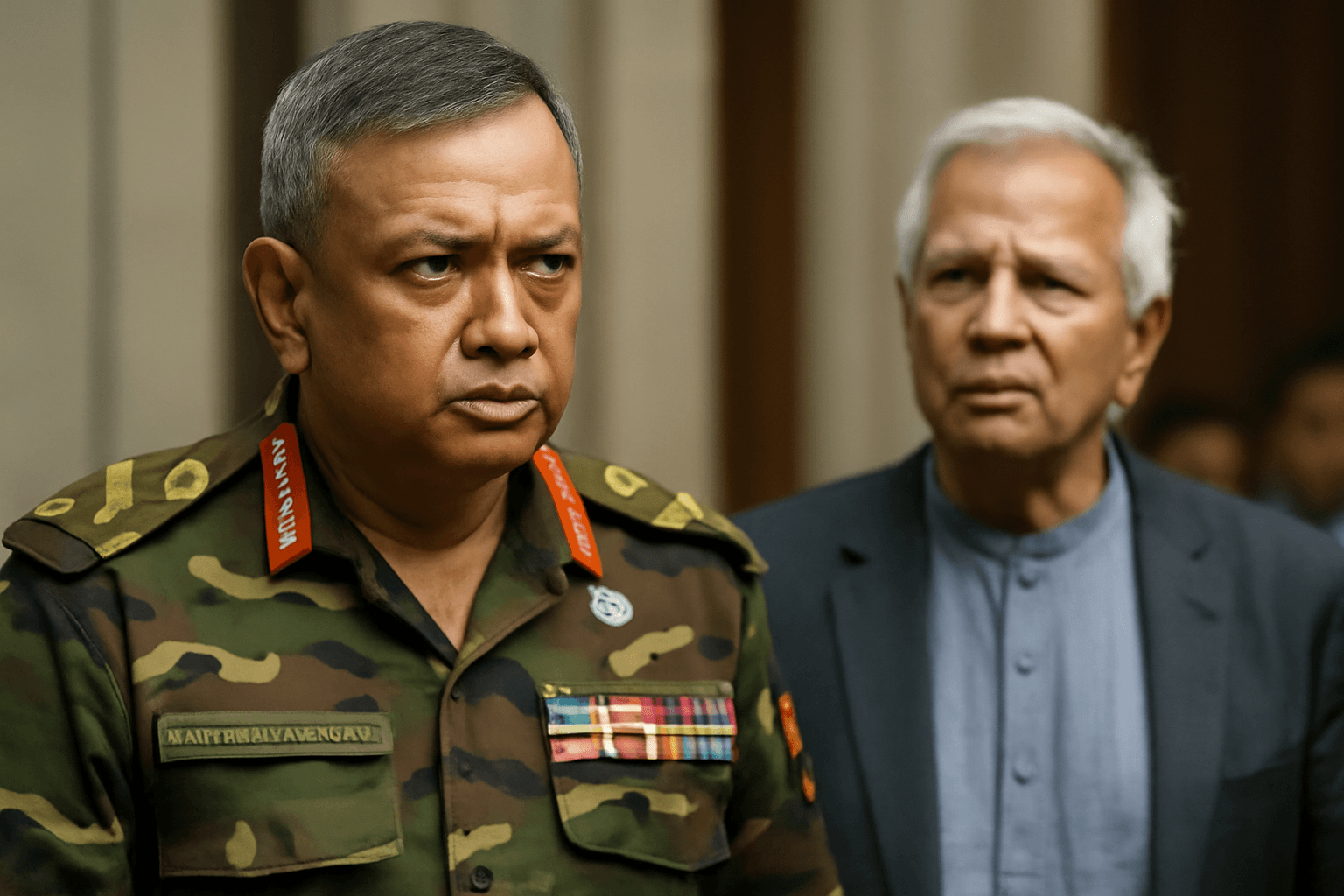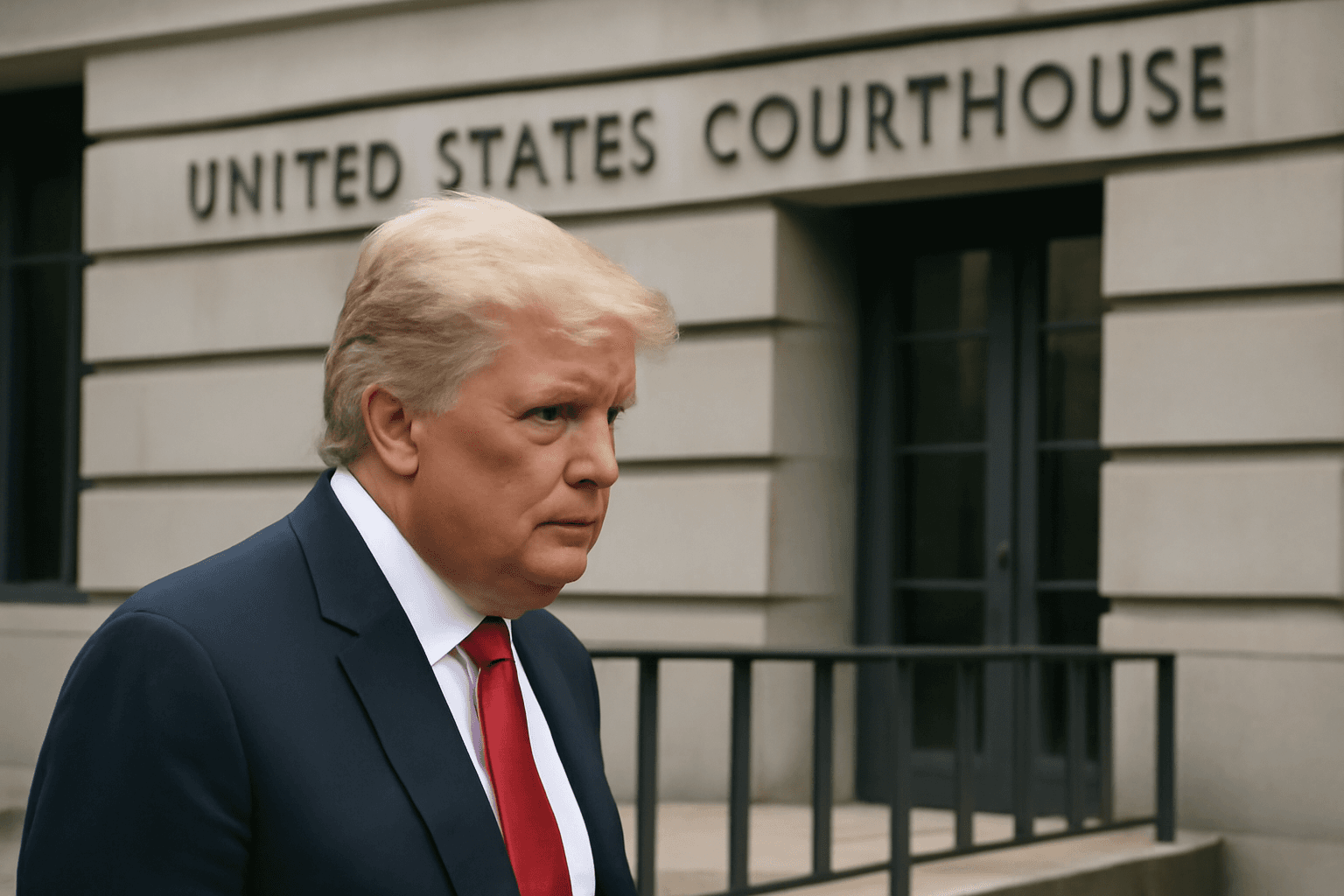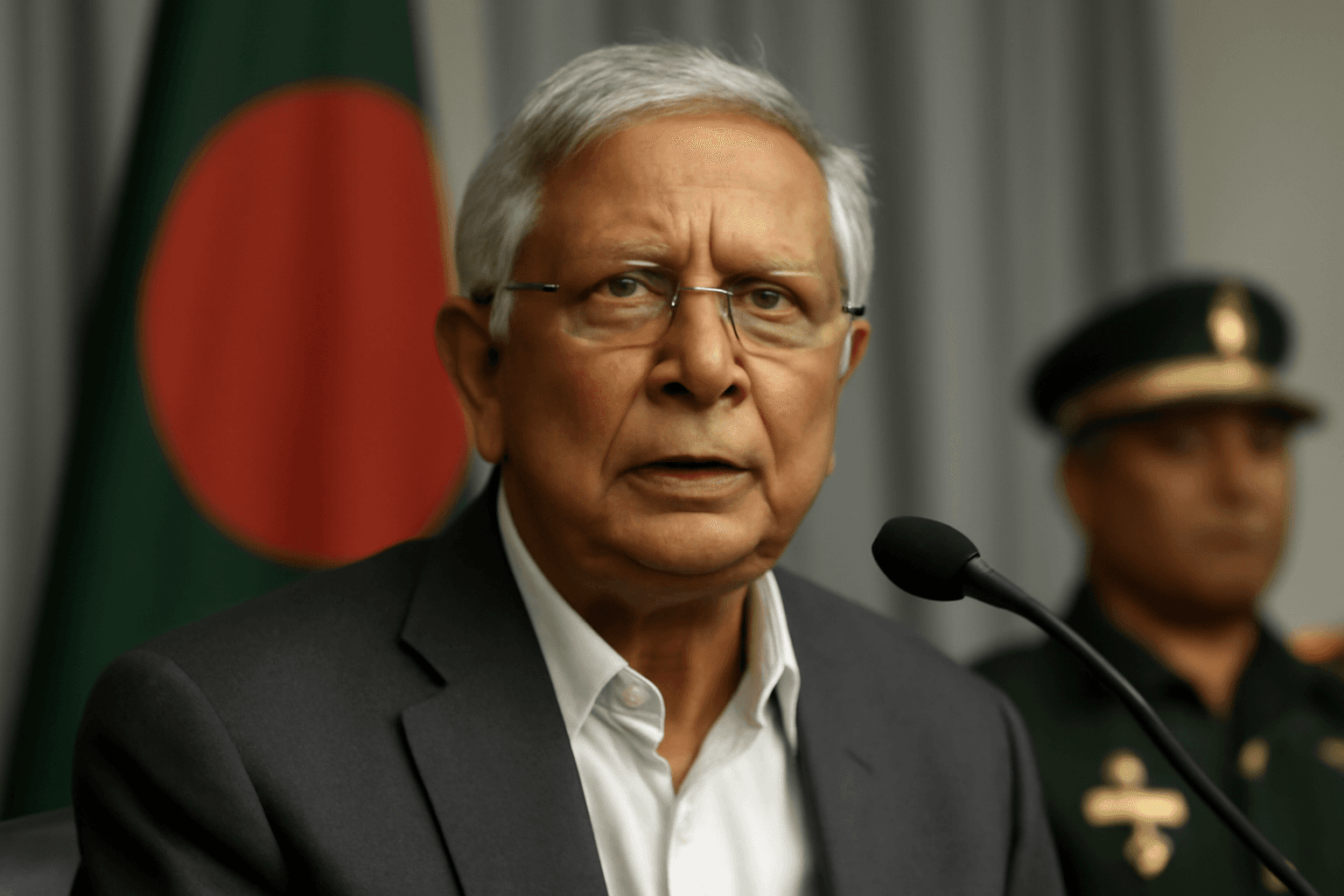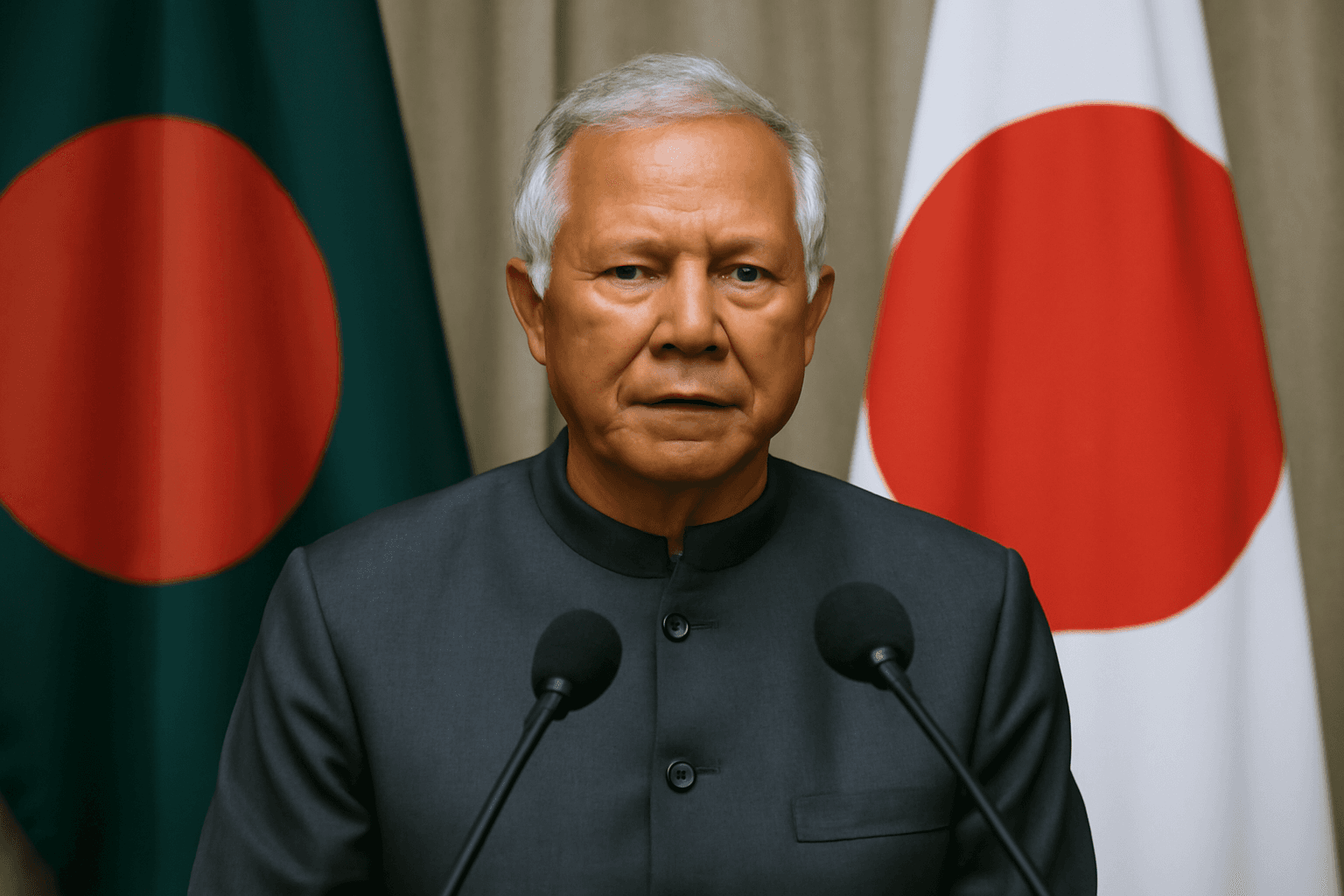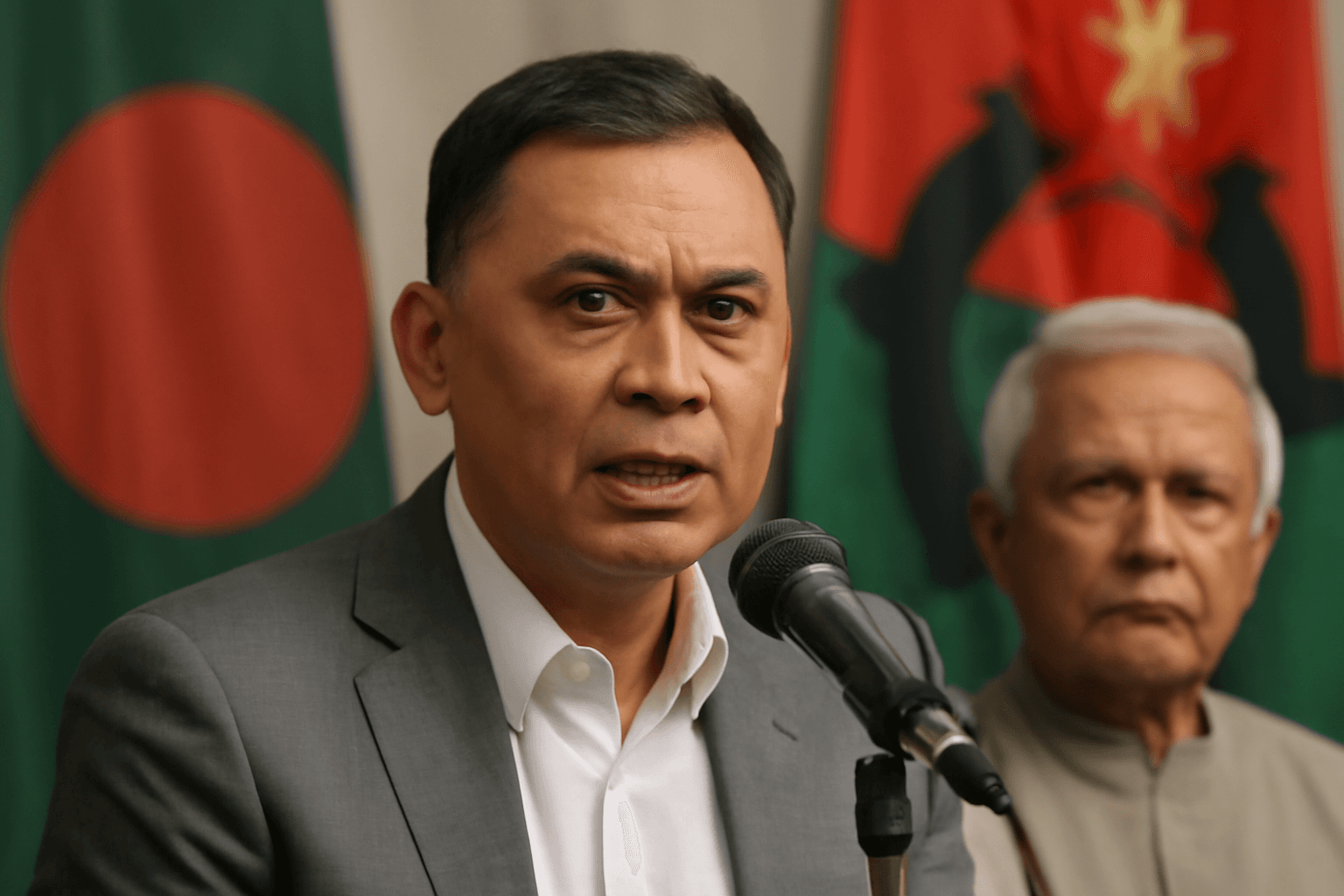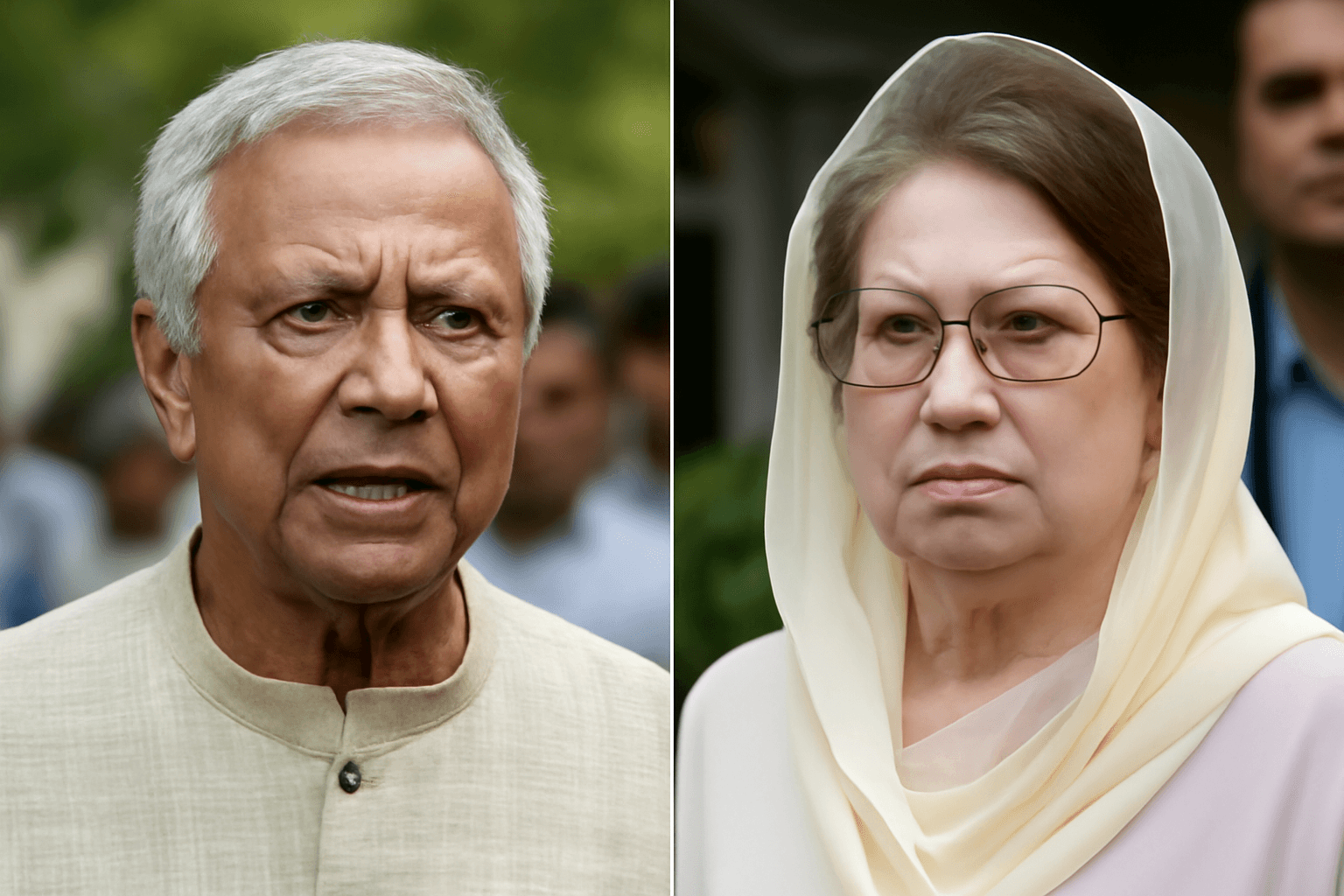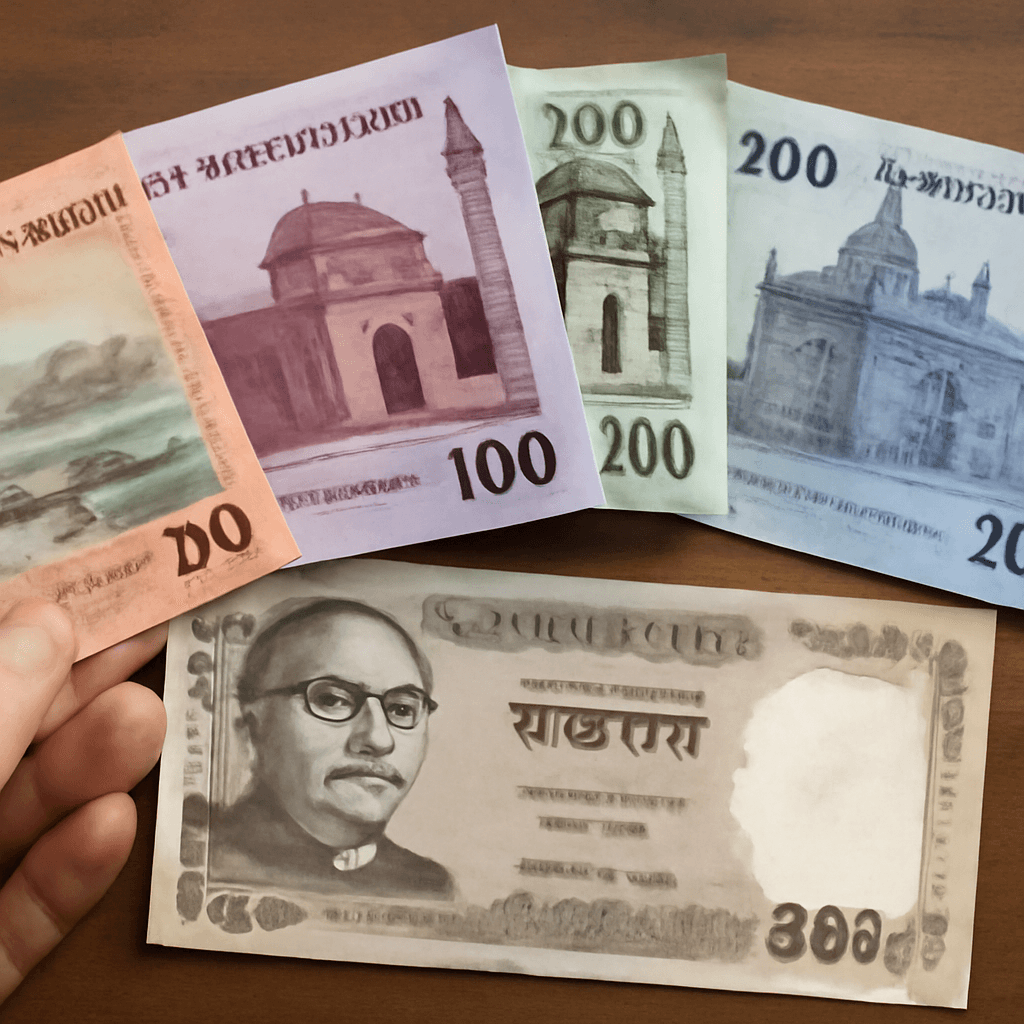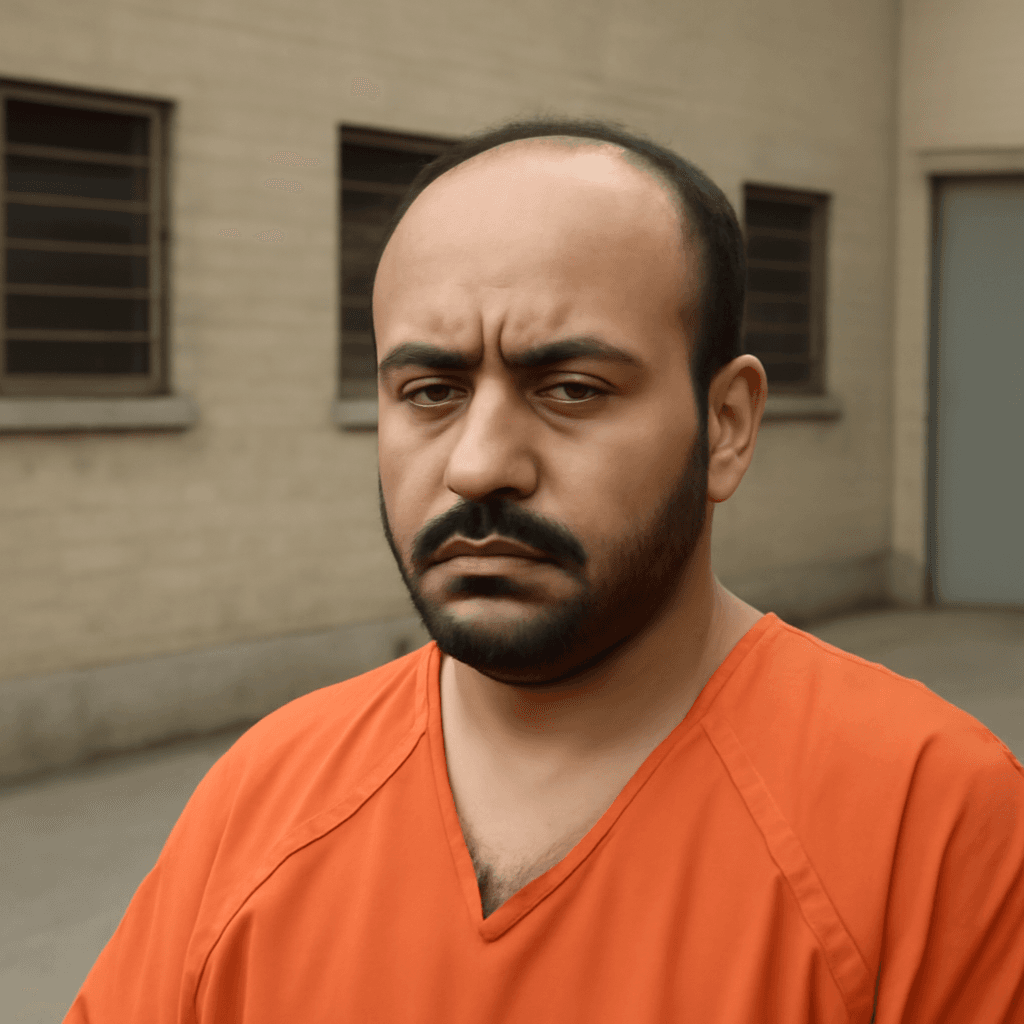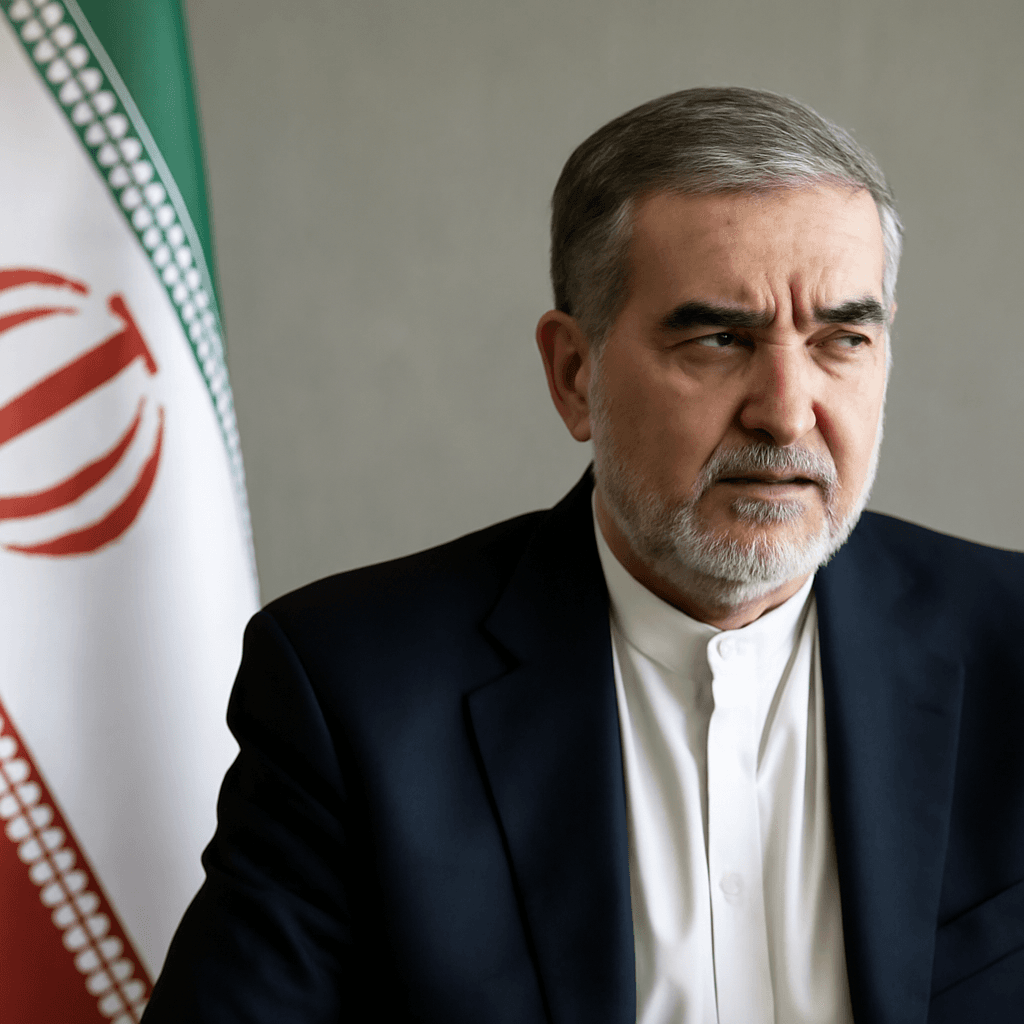Bangladesh Alters Freedom Fighters Law
The interim government in Bangladesh, led by Muhammad Yunus, has enacted significant amendments to the Jatiya Muktijoddha Council (JAMUKA) Act, the legislation that governs the recognition and status of freedom fighters. Notably, the title 'Father of the Nation Bangabandhu Sheikh Mujibur Rahman' has been removed from the statute, marking a contentious shift in the country’s recognition of its liberation struggle heroes.
Background of the Amendment
Sheikh Mujibur Rahman, widely revered as the leader of Bangladesh's 1971 liberation war, previously held a prominent place in the JAMUKA Act and other national symbols. The interim government's latest changes come after prior steps, including removing Sheikh Mujibur Rahman’s image and title from currency notes. These actions have sparked concerns about erasing his enduring legacy in shaping Bangladesh's independence.
Definition of Freedom Fighters Modified
The amendment redefines who qualifies as a freedom fighter under the law. According to recent statements from the Ministry of Law, Justice and Parliamentary Affairs, the ordinance issued introduces distinctions between armed combatants and government officials involved with the Mujibnagar government during the liberation war.
- Freedom fighters are described as those who directly fought in the liberation war.
- Associate freedom fighters now include diplomats and personnel linked to institutions such as the Swadhin Bangla Betar Kendra and officials serving with the Mujibnagar government.
The legislation aims to revert to the original 1972 definition, which had been altered in 2018 and 2022.
Political Context and Reactions
This revision takes place against the backdrop of recent political instability in Bangladesh, including mass protests and the ousting of Prime Minister Sheikh Hasina in August 2024. What began as opposition to a job quota system favoring freedom fighters’ descendants escalated into a broader movement challenging the former government's leadership.
Critics argue that the interim government is overstepping its mandate by engaging in politically sensitive reforms unrelated to electoral processes. Many view the changes as an attempt to diminish Sheikh Mujibur Rahman’s historical significance and the liberation war’s legacy.
Government Clarifications
Chief Adviser Muhammad Yunus has publicly contested claims that the amendments revoke freedom fighter recognition for key liberation figures, including Sheikh Mujibur Rahman and other Mujibnagar government officials. Yunus emphasized that the honor and privileges of both freedom fighters and associate freedom fighters remain intact under the revised ordinance.
“The ordinance reinstates the original classification of freedom fighters and recognizes those who contributed in various capacities during the liberation war. The changes are intended to clarify definitions rather than diminish any individual’s status,” Yunus stated.
Implications for National Heritage
These legislative changes have generated significant public discourse on Bangladesh’s national identity and the preservation of its independence history. While intended to update legal definitions, the removal of the 'Father of the Nation' title from official law represents a symbolic departure from the narrative established since independence.
As the country navigates these changes during a politically sensitive period, the long-term effects of these amendments on national unity and historical remembrance remain closely observed by citizens and observers alike.

